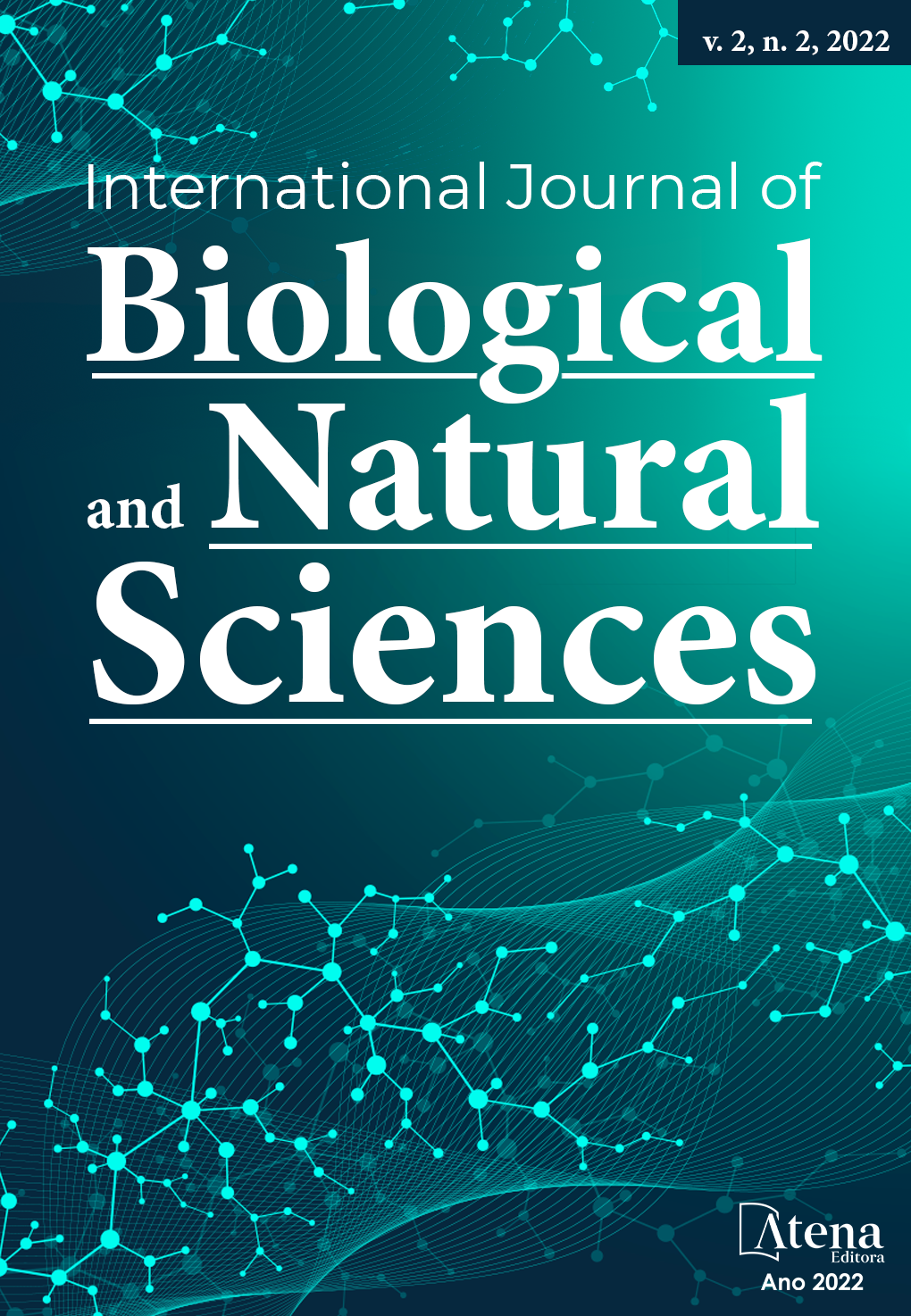
SYNTHESIS OF BIOMOLECULES BY SOLID FERMENTATION USING BY-PRODUCTS FROM THE TIMBER INDUSTRIES
Biosurfactants and biodemulsifiers are compounds of great interest produced by bacteria, yeasts or filamentous fungi. The main objective of the present work is to verify the production of biomolecules with potential biosurfactant and biodemulsifier activity by the bacterium Bacillus subtilis, in a solid state fermentation regime, using by-products from wood industries. Sawdust was used as a support for the fermentation process, and sugarcane molasses as a carbon source. The fermentation was incubated for 120 hours at 35°C ± 2°C. Analyzes of pH, electrical conductivity, humidity and cell count were performed. The relative surface tension of the cell-free broth obtained from the fermented compound, and emulsification indices were verified using toluene and soybean oil. The biodemulsifier test was carried out with an emulsion composed of kerosene, water and the surfactant Tween 80. A breakdown of 11% of the emulsion was verified, verifying the biodemulsifying potential of the biomolecule obtained. It can be noted that there was production of biosurfactant at different times of cultivation, with emulsification rates of up to 54%. Thus, sawdust showed potential to act as a substrate/support in the fermentation process in the production of biomolecules.
SYNTHESIS OF BIOMOLECULES BY SOLID FERMENTATION USING BY-PRODUCTS FROM THE TIMBER INDUSTRIES
-
DOI: 10.22533/at.ed.8132222160310
-
Palavras-chave: Biosurfactants, Biodemulsifiers, Sawdust.
-
Keywords: Biosurfactants, Biodemulsifiers, Sawdust.
-
Abstract:
Biosurfactants and biodemulsifiers are compounds of great interest produced by bacteria, yeasts or filamentous fungi. The main objective of the present work is to verify the production of biomolecules with potential biosurfactant and biodemulsifier activity by the bacterium Bacillus subtilis, in a solid state fermentation regime, using by-products from wood industries. Sawdust was used as a support for the fermentation process, and sugarcane molasses as a carbon source. The fermentation was incubated for 120 hours at 35°C ± 2°C. Analyzes of pH, electrical conductivity, humidity and cell count were performed. The relative surface tension of the cell-free broth obtained from the fermented compound, and emulsification indices were verified using toluene and soybean oil. The biodemulsifier test was carried out with an emulsion composed of kerosene, water and the surfactant Tween 80. A breakdown of 11% of the emulsion was verified, verifying the biodemulsifying potential of the biomolecule obtained. It can be noted that there was production of biosurfactant at different times of cultivation, with emulsification rates of up to 54%. Thus, sawdust showed potential to act as a substrate/support in the fermentation process in the production of biomolecules.
-
Número de páginas: 13
- Milena Caroline Dalanora
- Isadora Campos Dresch
- Juliana Guerra de Oliveira
- Danielle Hiromi Nakagawa
- Maria Vitória de Miranda Rodrigues


